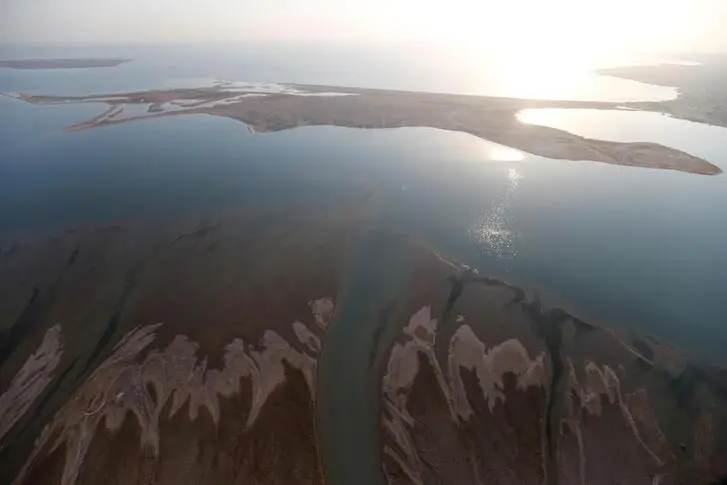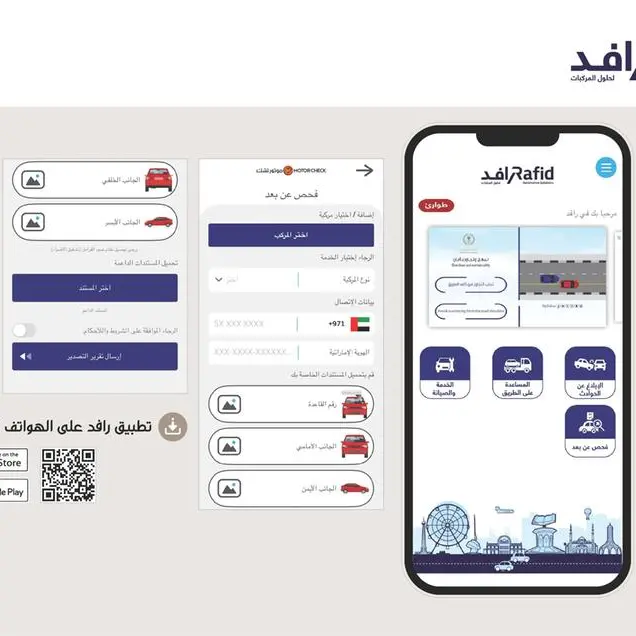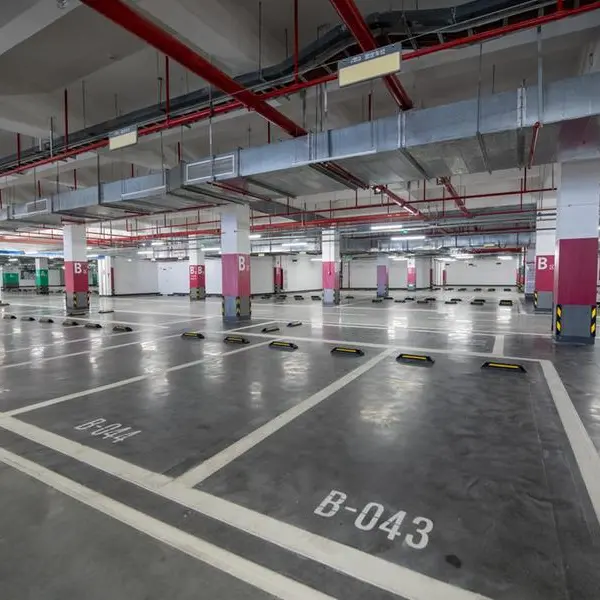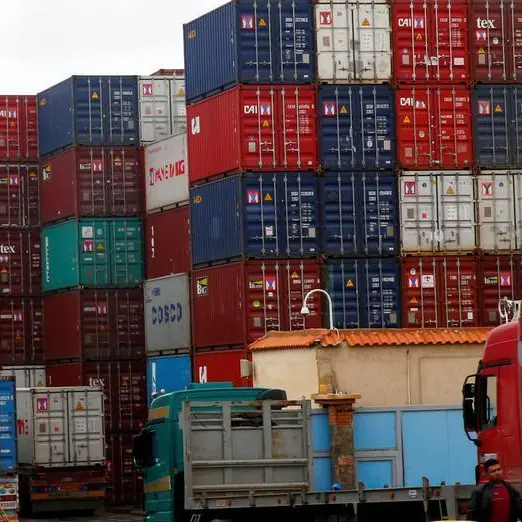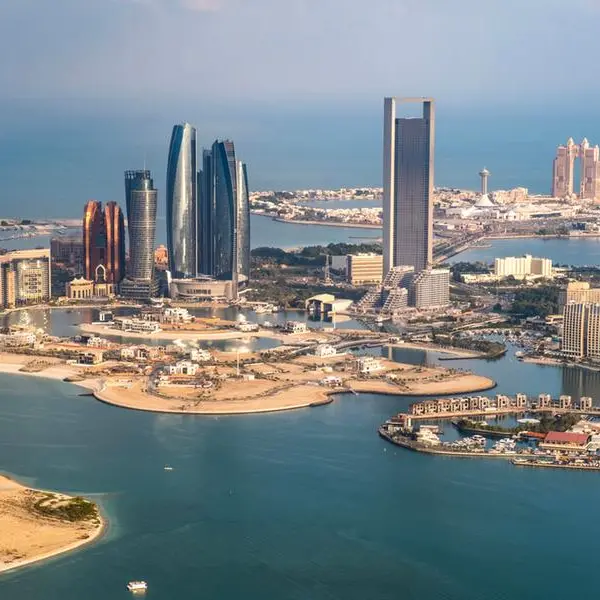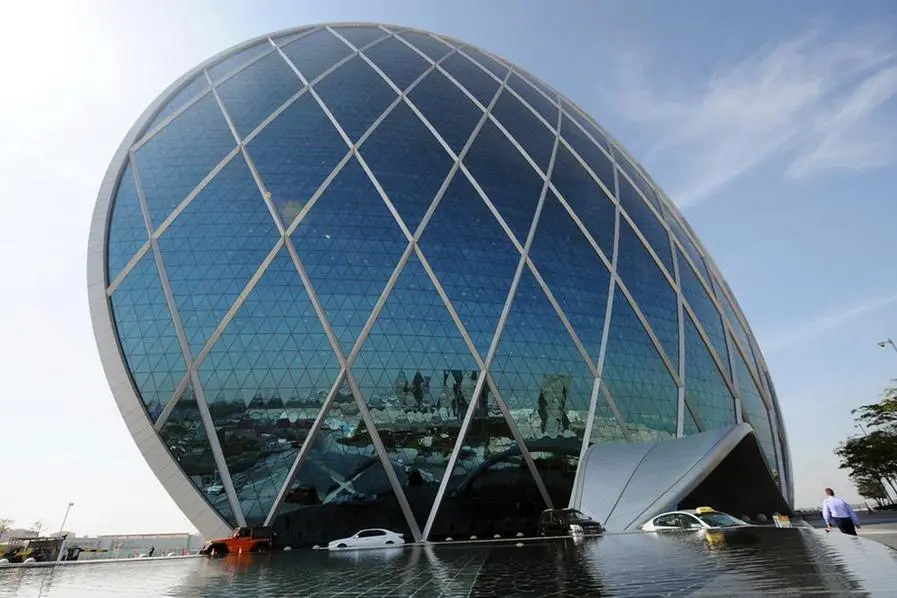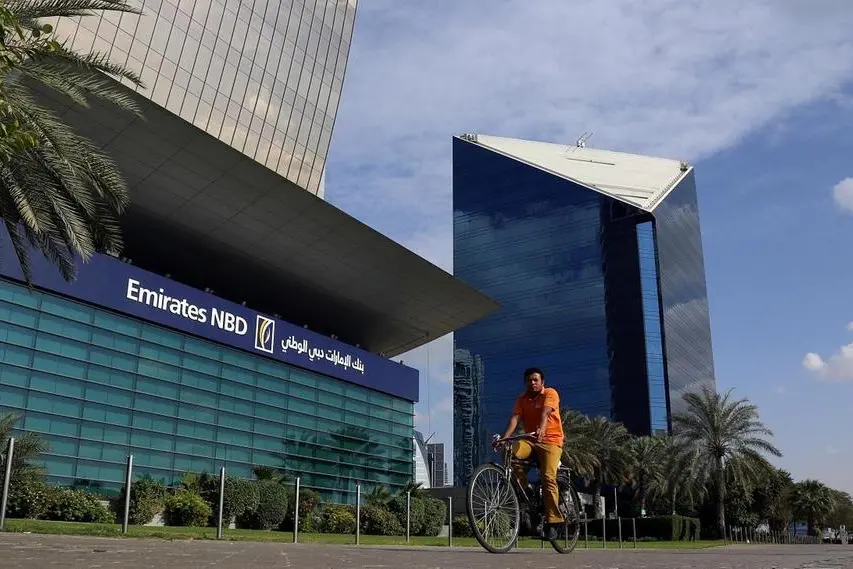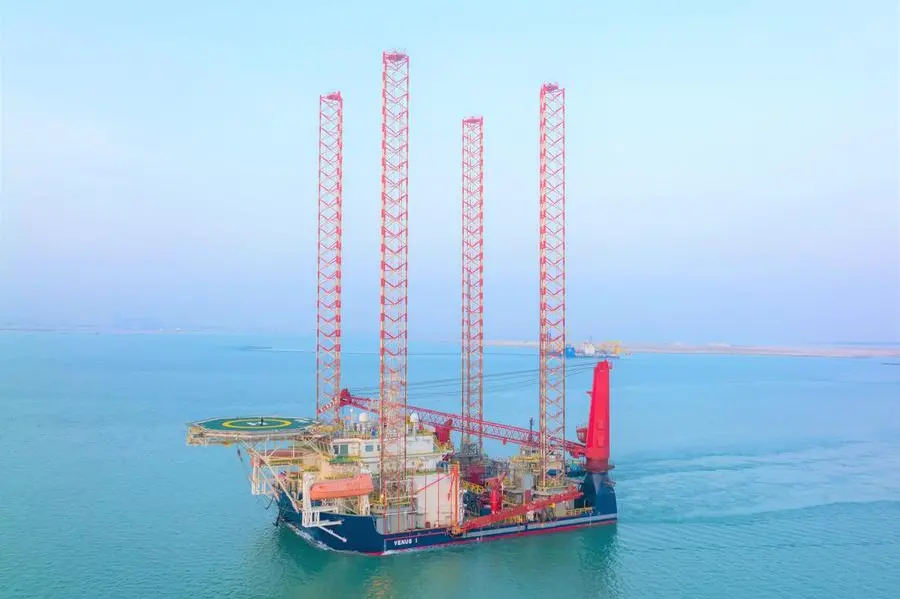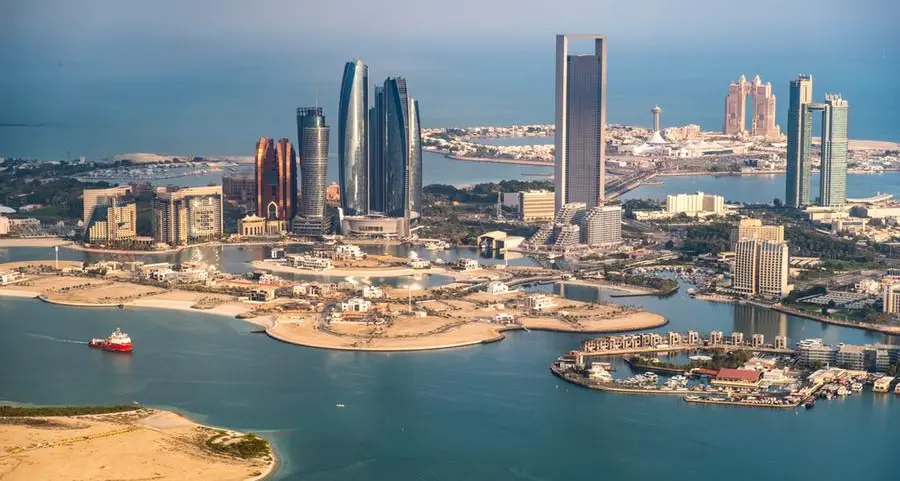PHOTO
If disruption by Houthi militants to shipping in the Red Sea comes to an end in the next few months, the impact will be minimal, according to John Manners-Bell, CEO of Transport Intelligence (Ti) which compiled the Agility Emerging Markets Index 2024, published on Tuesday.
However, he added: “If we are looking at a period of years, then of course there will be changes that impact Saudi’s investment in its Red Sea ports, even [on]NEOM.”
“But, I think, on the whole, that the region is very strong in terms of its resilience and the mitigation strategies that have been put in place already,” he added.
Projects such as the Saudi landbridge could mitigate impact, he said, as would sea-air solutions.
“We have seen in the past that countries in the region can be very flexible to put in place new solutions,” he noted.
The attacks on vessels by Houthi militants began in October following the outbreak of the Israel–Gaza conflict. The latest attack was reported on Tuesday, when a British-owned Barbados-flagged vessel was attacked with two missiles south of Aden, Yemen, with no injuries but damage to cargo reported.
An LSEG data and analytics report published last month showed decreasing vessel traffic in the last two weeks of December near the Bab-El-Mandeb Strait, which connects the Red Sea and the Gulf of Aden. The most impacted category of vessels was container ships travelling from the Arabian Sea to the Gulf of Aden, with a 69% reduction in volume year-on-year. Bulker vessels were the least impacted, at 2% reduction in traffic.
Despite the Red Sea disruption, the Agility Index shows “major opportunities” in the logistics sector for Middle Eastern countries, Manning-Bell said.
The opportunities in the Middle East lie in its very strong infrastructure, specifically ports and airports in the UAE and Saudi Arabia, he said. Middle Eastern countries are benefiting from shifting global dynamics, including India and China’s rivalry as world logistics and manufacturing hubs.
Countries such as the UAE and Saudi Arabia are looking to build their positions as hub locations for Southeast Asia, India and Africa as well as part of Asia and parts of Europe, he said.
The UAE retained its position at number three in Agility’s Emerging Markets Logistics Index in 2024, below China and India at one and two, respectively.
Saudi Arabia and Qatar retained their positions at number six and seven, while Oman, Bahrain and Kuwait all fell in the rankings at 15, 16 and 21, respectively.
(Reporting by Imogen Lillywhite; editing by Seban Scaria)
